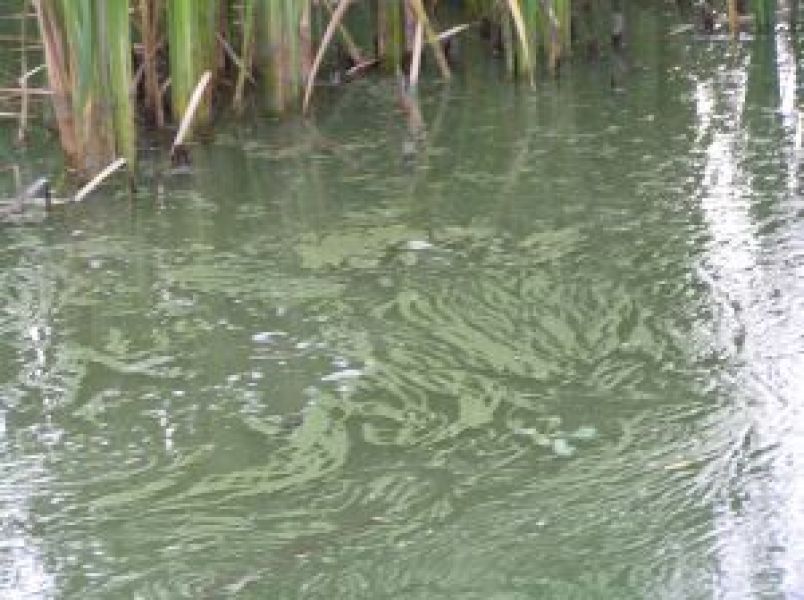For three years, researchers from Polish and Lithuanian scientific institutions have been collecting data on blue-green algae blooms. Anyone who notices this phenomenon by the water, can send information and help in creating a special map.
"The idea for the project was born during one of the ecological conferences. All three of our coordinators are phycologists and we are very keen to keep the waters of lakes and rivers in a good ecological state. We assumed that our project would be an attempt to solve problems connected with the overfertilisation of water reservoirs," says Professor Beata Messyasz from the Faculty of Biology at Adam Mickiewicz University.
The questionnaire is available in three languages: Polish, English and Lithuanian on the website https://arcg.is/0jqvCn. The number of places marked in the questionnaire is systematically growing, at the moment there are already several hundred entries.
The project "Algae - Economy Based Ecological Service of Aquatic Ecosystems/ Algae - Ecological Economy" is financed by the European Commission Life Programme and the funds of the governmental agencies of Poland and Lithuania and has been spread over 5 years (2018-2023). The project manager is Dr. Judita Koreivienė from the Lithuanian Academy of Sciences while in Poland two units are responsible for its implementation: the Institute of Environmental Protection of the Polish Academy of Sciences in Krakow with Prof. Elżbieta Wilk-Woźniak and the Faculties of Biology and Chemistry of the Adam Mickiewicz University under the direction of Prof. Beata Messyasz.
The whole project aims at harvesting the biomass of macroalgae and cyanobacteria and processing it into high and low quality products.
Experts from the Polish Academy of Sciences stress that "apart from their negative impact on the environment and humans, blue-green algae are also a rich source of biologically active compounds. Many of them are used in medicine, cosmetics and agriculture. They are used to enrich soil with nitrogen compounds, as well as herbicides and insecticides. Cyanobacterial metabolites have the effect of immunosuppressants, antibacterial, anticancer drugs, and synthetic analogues of cyanobacterial peptides are tested as blood anticoagulants. Cyanobacterial metabolites (including hepatotoxins) have great potential in the treatment of diseases such as Parkinson's disease, cancer, myeloid leukaemia or cardiac hypertrophy."


